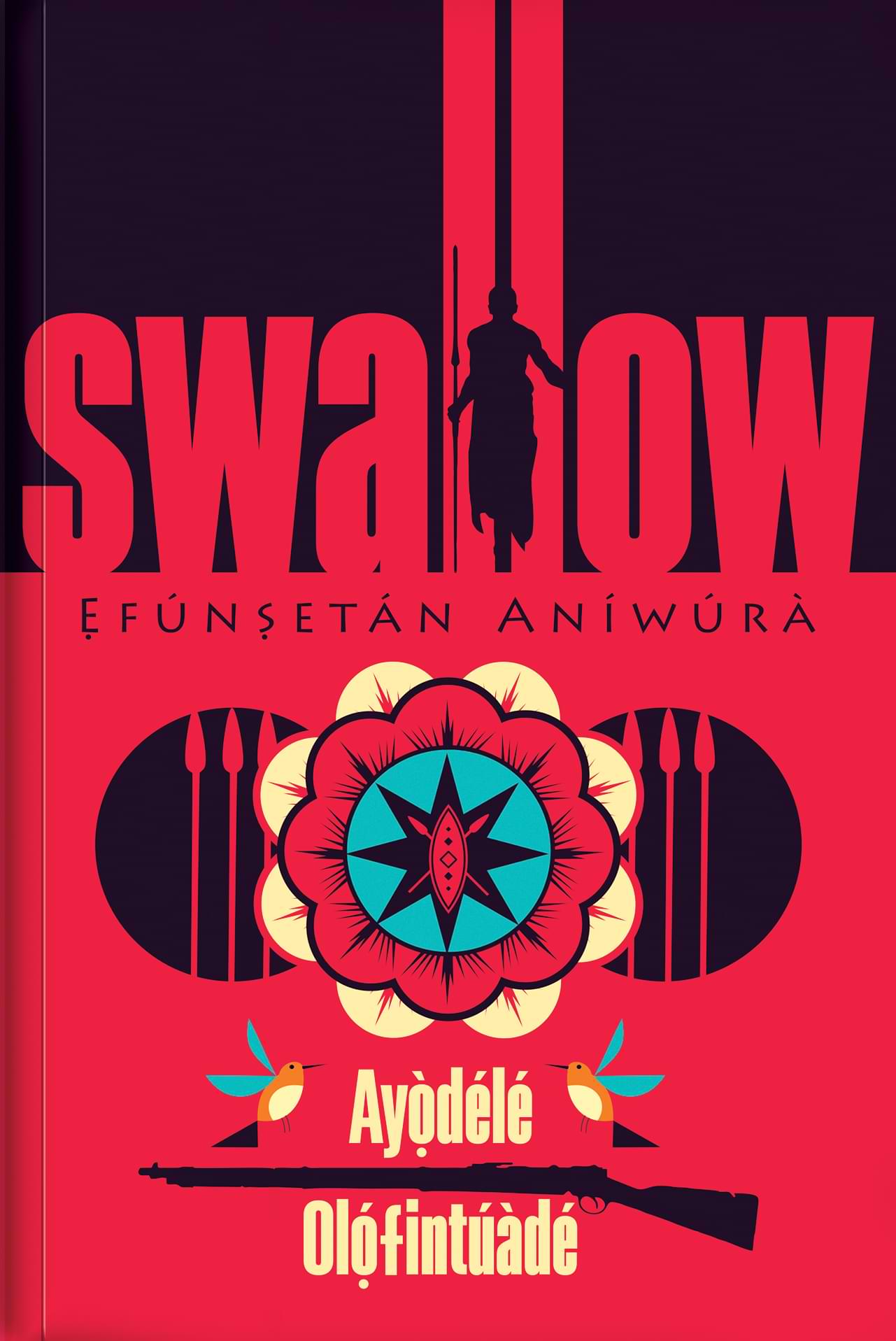
Top 30 Cartoon Characters That Were Villains
Our list rounds up the top 30 cartoon characters that were villains, each one more wonderfully wicked than the last.
African Literature
Swallow is a Queernormative historical fiction that reimagines the lives of Efunsetan Aniwura and Efunporonye Osuntinubu, two powerful women.

Swallow: Efunsetan Aniwura is a queernormative historical fiction that reimagines the lives of Efunsetan Aniwura and Efunporonye Osuntinubu, two powerful women in Yoruba history. It also features multiple POVs to explore different characters’ arcs and perspectives, though the shifts are sometimes uneven.
The bold and vivid descriptions easily transported me into this beautiful and vibrant world. The story is historical fiction set in the early 1830s during the era of colonialism and the transatlantic slave trade. The book reimagines Yoruba history, especially through the presence of British imperial interests and the existence of indigenous power structures.

The Yoruba spirituality/religion is the bedrock of this story. In the book, we see inclusions like orisha worship, rituals, and spiritual consultations, which reflect the cultural philosophy that decisions like marriage, power, and war involve a spiritual aspect.
A central theme is women empowerment, identity, and patriarchy. Efunsetan Aniwura is known for her wealth and political power as a female chieftain in Ibadan. Her very existence challenges the belief that women belong in the shadows, which society views as a threat. Efunporonye Osintinubu does not hold power like the latter, but she still fights for her right to be heard in a patriarchal system. These women come from different backgrounds but still have the same mission: to shape the world around them.
The storytelling is vivid and immersive, infusing elements such as lyrical prose, masterful use of Yoruba language, and subtle depiction of intimate scenes. If the author were to adapt Swallow: Efunsetan Aniwura into a stage play, it would be a success.
However, the noncohesiveness of the POV’s and chapter transitions affects the flow. Overall, this is a successful and powerful addition to Olofintuade’s body of work..

Our list rounds up the top 30 cartoon characters that were villains, each one more wonderfully wicked than the last.

DC is great at making comics and animated movies, while the MCU has the upper hand in its cinematic aspects

Discover the best apps to read books for free in 2025. Access thousands of free e-books and audiobooks on your phone or tablet. ...

There are some outright funny cartoon characters who exist solely to crack you up, loud, hard, and with zero apology.

Things Fall Apart is for the colonizers as well as the colonized, helping to understand the role of colonialism in the realization...

While many of the Nollywood movies on our list are quite old, it’s a testament to the capabilities of the industry’s p...

While this isn’t an exhaustive list, it comprises some of the most popular mythical creatures from around the world.